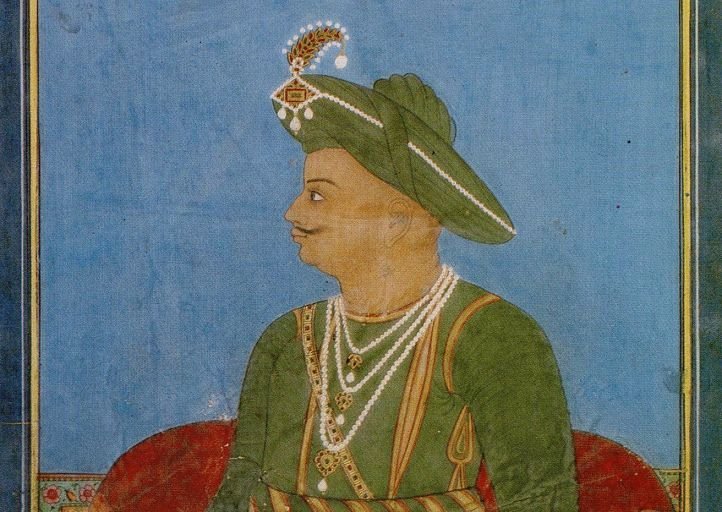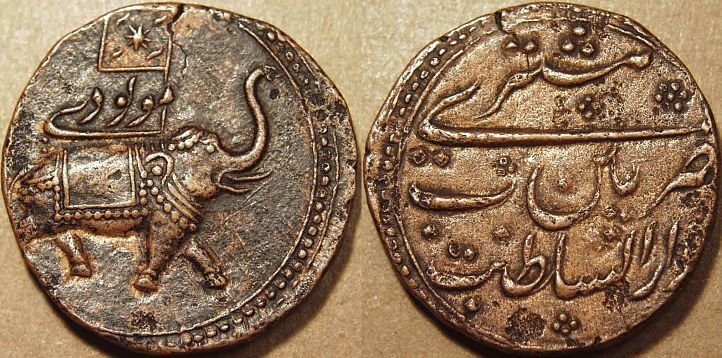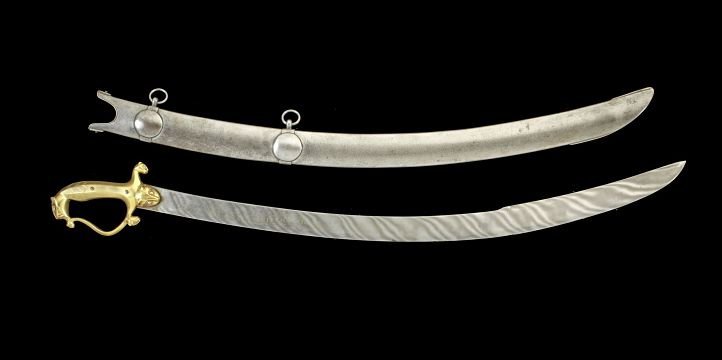According to news reports, the row over Tipu Sultan may find it’s way to Narendra Modi once he is back from his tour of the United Kingdom. But honestly, nothing else could be a bigger waste of his time.
Tipu Sultan ruled Mysore from 1782 to 1799 – way before the idea of India ever existed; way before our great grandfathers were born and way before the norms of modern society were applied. He inherited a kingdom and did what he thought was best for it. In that sense, he was indeed a patriot.
His way of ruling was innovative but at the same time, also influenced by what he saw around him. Wars in that era meant rape and plunder as well. Either which way, for India to spend so much of its time sitting and debating an issue such as this is silly.
Here’s a look at five reasons why the row over Tipu Sultan is just plain stupid:

1. The British sent Richard Wellesley to ‘India’ in 1798 as governor general with specific instructions to effect regime change in Mysore and replace Tipu with a western-backed puppet. The reasons were obvious – Tipu did not trust the British and he tried to warn other Indian rulers of the dangers of an increasingly dangerous west .
“Know you not the custom of the English?” he wrote in vain to the Nizam of Hyderabad in 1796. “Wherever they fix their talons they contrive little by little to work themselves into the whole management of affairs.”
2. Unlike many of the others rulers in India, Tipu was a modernist . The Mysore sepoy’s flintlocks were based on the latest French designs, he introduced rockets to the battlefields in India, he also introduced a wide variety of coins and his library was stocked with around 2,000 volumes in several languages .
History, though, is written by the victors. The British won the war and drove home the message; their message and that is what we are reading today.

3. He destroyed temples but it was all about driving home a certain message to the enemies. Richard Eaton , a renowned historian who specialises in the social and cultural history of pre-modern India (1000-1800) had weighed in on the temple destruction myth in the past :
“I looked at inscriptions, chronicles and foreign observers’ accounts from the 12th century up to the 18th century across South Asia to see what was destroyed and why. The big temples that were politically irrelevant were never harmed. Those that were politically relevant — patronised by an enemy king or a formerly loyal king who becomes a rebel — only those temples are wiped out. Because in the territory that is annexed to the State, all the property is considered to be under the protection of the State. The total number of temples that were destroyed across those six centuries was 80, not many thousands as is sometimes conjectured by various people.”
4. The idea of India didn’t exist then. Let’s be clear. Even when ‘India’ gained freedom from the British in August 1947, there were officially 565 princely states . These states had their own agendas and that is what they were driven by. For us, to try and divide them into patriots and otherwise shows a basic lack of common sense. And for people to die over that is simply the pits.

5. What are they going to talk about next? Genghis Khan? Alexander the Great? Shivaji? Almost all kingdoms in the past were built on the basis of war. Every empire was built on the blood of thousands of innocents.
Genghis Khan, for starters, laid waste to a city that had surrenderd just so that he could set an example. After that display, the other cities on his campaign trail didn’t even put up a fight — it destroyed their morale. Alexander destroyed cities during his campaign and killed thousands but he is a great? The Romans weren’t exactly paragons on virtues either. Didn’t King Ashoka butcher thousands at the battle of Kalinga?
For us to say that some were holier than others shows that we have no idea of how things worked back then. It was a different age — it was the age of kings; of wars; of bloodshed and the modern rules didn’t apply.
Feature image source: Anonymous artist from Mysore, India/Kate Brittlebank’s, Tipu Sultan’s Search for Legitimacy, New Delhi: Oxford University Press, 1997.

















